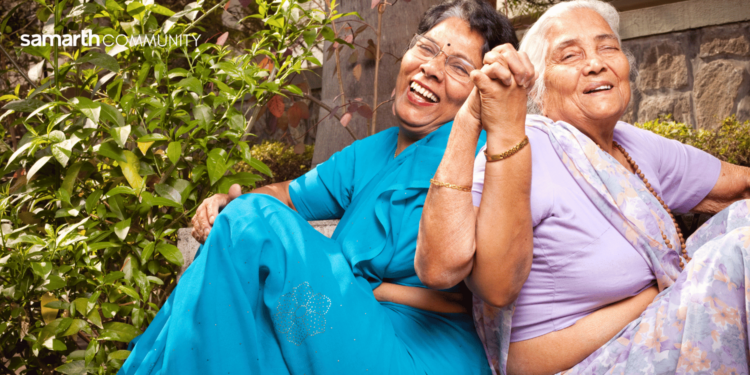As we age, we deal with a lot of changes. Apart from the physical and psychological issues, our official careers come to an end. A few prefer to pick up less strenuous jobs after retirement to keep going. Some like being consultants or advisors. A few like to give back to society in their golden years by volunteering for causes they believe in. Many others prefer to explore other interests instead and keep a low profile, enjoying life as it comes. One must say that these are highly individualistic choices people make, and there is no right or wrong about the choices one makes. As long as one finds happiness in the choices made, it’s good.
What can be overwhelming is losing one’s sense of purpose by choosing to take it easy. We interact with many people while performing our regular jobs. Whatever work we do, we feel a sense of accomplishment at the end of the day. Also, the little issues and complications keep our brains active. More importantly, we enjoy the weekends and holidays more as they feel precious.
But when we no longer work, we lose connection with our colleagues, partners, customers and the public that we meet every day. This lack of community connect can create a void. After a short period of relaxing and enjoying, you may find the time on hand overwhelming and may not enjoy it as much as you felt you would.

Join Now >
If you do not want to work, hobbies can keep you occupied, find a community again and even gain some bonus advantages.
Discover your interests
The first thing is to understand your areas of interest. Possibly, you could develop what you like doing, from cooking, gardening, reading, photography, and arts and crafts to trekking. Today, such options have immense scope to find like-minded people and build a community. For example, you could join or start blogs, vlogs, clubs, communities, etc. These outlets provide a foundation for socialisation. Shared interests help form new connections. Remember, hobbies help improve emotional, mental and physical health! They can even help you find your second career and give you a purpose in life.
Now let’s look at what benefits you will gain through hobbies.
Enhances cognitive function
Engaging in hobbies, arts, and crafts keeps the mind engaged. Not only do you learn something new, but you can prevent and delay the onset of cognitive decline and improve your memory. Most hobbies involve mental stimulation like creativity, sensory application, self-expression, cognitive stimulation, etc. If you get into gardening or playing golf, etc, then it also involves physical activities.
Improves overall well-being
Hobbies increase happiness, reduce stress and give you a sense of accomplishment. You find a group of people who can collectively move towards achieving goals, sharing the spoils and rejoicing together. For example, if you are into gardening, you could exchange your veggies with your group, or if you cook something new, you could throw an impromptu party, create a calendar out of your photos or hold an exhibition. Imagine gifting items you made. Planning group activities promote well-being and keep you healthy and optimistic.
An added benefit of all these is that it helps improve your relationships. And having good relationships is crucial for staying happy and healthy in our golden years. Studies have shown that it reduces your chances of isolation and mortality by 50%. The key is to find what ticks you and find people who can join and help you in these activities to keep your interest alive.









